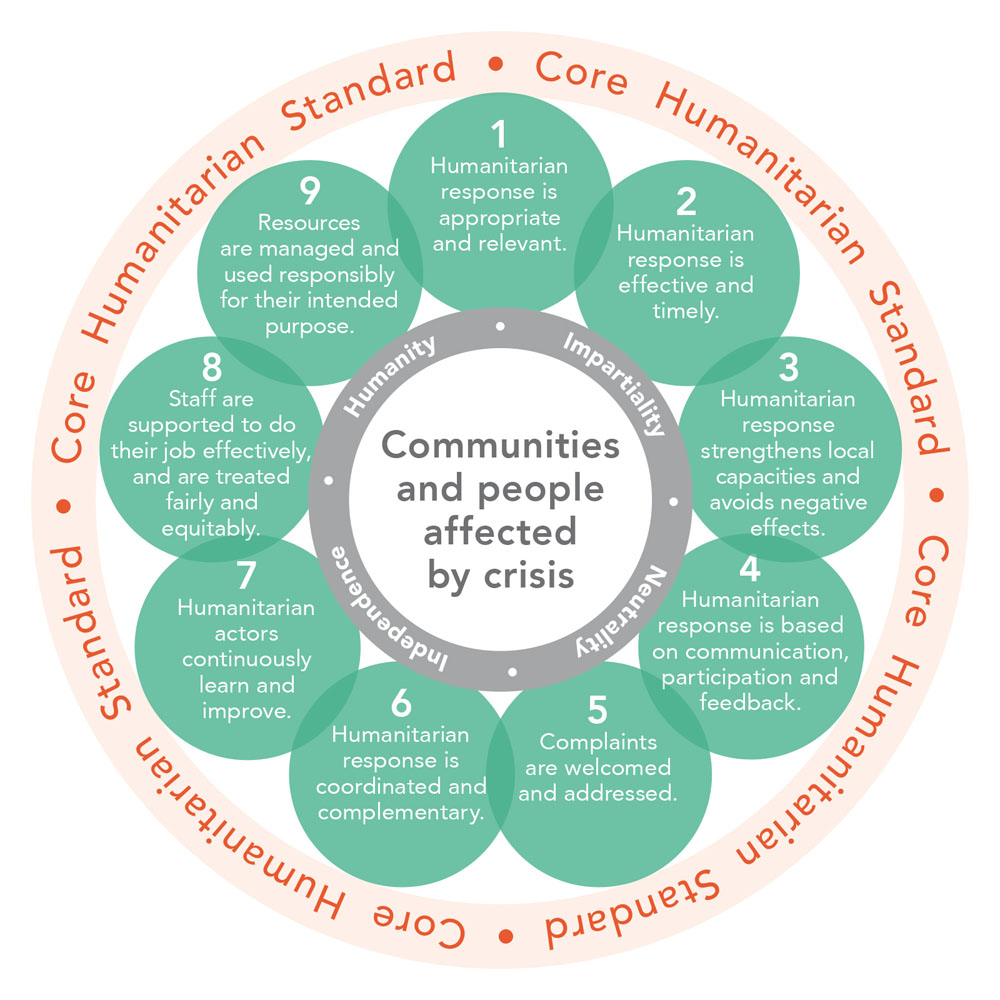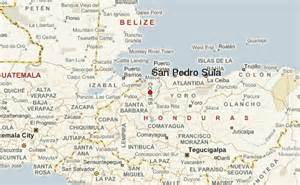A quixotic next chapter?
A quixotic next chapter?
Aid Worker Voices is now published, and I am ready to start a new chapter.
Next steps?
Having just come off of my work on the lives of aid workers I know that there is much research work to be done that can serve the goal of better coordination and cooperation among and between all organizational entities sharing the goal of addressing pressing humanitarian and development needs on a global scale.
Beyond what I have been referring to as the “aid sector” are many other entities devoting considerable humanitarian oriented energies, perhaps the three most important of which are corporations, higher educational institutions, and the faith community. That all entities sharing the mission of addressing social justice issues and the short and long term needs of the marginalized should coordinate and cooperate at a much higher level than exists presently cannot be disputed. How to move the needle in that direction is the question.
One answer lies here, I think.
 The Core Humanitarian Standards (CHS) are now recognized by the majority of entities within the aid sector and provide a benchmark for sound ethical practice with regard to interactions between aid and development organizations and their object partners and populations. Though an admittedly quixotic goal, I propose that not only should all of the major humanitarian players mentioned above have their own CSR-like standards, but that there should be a universal guide to humanitarian outreach to which all major -and ‘minor’ (e.g., small NGO’s sometimes euphemistically referred to as MONGO’s as in My Own NGO)- entities adhere.
The Core Humanitarian Standards (CHS) are now recognized by the majority of entities within the aid sector and provide a benchmark for sound ethical practice with regard to interactions between aid and development organizations and their object partners and populations. Though an admittedly quixotic goal, I propose that not only should all of the major humanitarian players mentioned above have their own CSR-like standards, but that there should be a universal guide to humanitarian outreach to which all major -and ‘minor’ (e.g., small NGO’s sometimes euphemistically referred to as MONGO’s as in My Own NGO)- entities adhere.
Corporations have the B-Corporation designation, and for nearly a decade this movement, begun in the US, has spread internationally. The general premise is that B-Corporations function with an eye toward the ‘triple bottom line of people, planet and profit.’ Higher education neither in the US nor internationally has any comparable generally recognized philosophy of action. The faith community (writ large), though there are strong efforts at ecumenical cooperation, is in the same boat.
For me personally, one question that is both fascinating and critically important was phrased best by James Dawes in the beginning pages of his book That The World May Know: Bearing Witness to Atrocity. He asks, “What is the line that separates those who are merely moved and those who are moved to act?” The inference is that he is referring to individuals but I take license to expand that to organizations as well.
My interest in this general research topic is simple. Using my skills as a researcher and writer I want to be a meaningful and useful part of the conversation as we move forward in our collective attempts to respond to humanitarian needs locally and globally.
CSR and Cargill
Many agree that the line between Corporate Social Responsibility (CSR) and more traditional ‘big box’ aid and development organizations (OXFAM, World Vision, MSF, etc.) has been blurred for a long time and that in the future these two forces will follow the progressive lead represented by, among others, the long partnership between Cargill and CARE.
My research on CSR tells me that there are many –Cargill perhaps a leader- connections between INGO’s (like CARE) and corporations, but that this connection is not studied in any detail. There are tons of articles about why corporation should do CSR, but most are from the business angle. I also know that Cargill-Honduras is very progressive in working with the local communities and that a majority of Cargill employees volunteer in some way.
As one possible path forward, I think it may be useful to proceed with a case-study, using the Cargill CSR efforts San Pedro Sula as the focus and go into the question of how the communities see Cargill and vice versa.
 I am sober to the fact that any outside study would need vetting by execs at Cargill (and IRB here at Elon) but here is the bottom line. As the world gets ever more complex the lines between ‘traditional’ aid and development entities (e.g., Peace Corps, World Vision, CARE, OXFAM, MSF, and so on) are clearly blurred -especially in the eyes of the community members. There is an increasingly compelling set of reasons why the corporate world and the aid world should communicate and coordinate even more in the future. This future needs to be informed by a clear set of rubrics and ‘best practice’ examples, and what I propose is preliminary groundwork for this be laid by careful and objective study. That study could –should?- begin in a location that has both challenges but also much in the way of progressive success, namely San Pedro Sula.
I am sober to the fact that any outside study would need vetting by execs at Cargill (and IRB here at Elon) but here is the bottom line. As the world gets ever more complex the lines between ‘traditional’ aid and development entities (e.g., Peace Corps, World Vision, CARE, OXFAM, MSF, and so on) are clearly blurred -especially in the eyes of the community members. There is an increasingly compelling set of reasons why the corporate world and the aid world should communicate and coordinate even more in the future. This future needs to be informed by a clear set of rubrics and ‘best practice’ examples, and what I propose is preliminary groundwork for this be laid by careful and objective study. That study could –should?- begin in a location that has both challenges but also much in the way of progressive success, namely San Pedro Sula.
What could come this effort? More voices heard, more issues uncovered and more bringing together of thought leaders are all possible positive outcomes. Let’s see what the future holds.
Contact me if you have questions, suggestions or comment.
 Follow
Follow